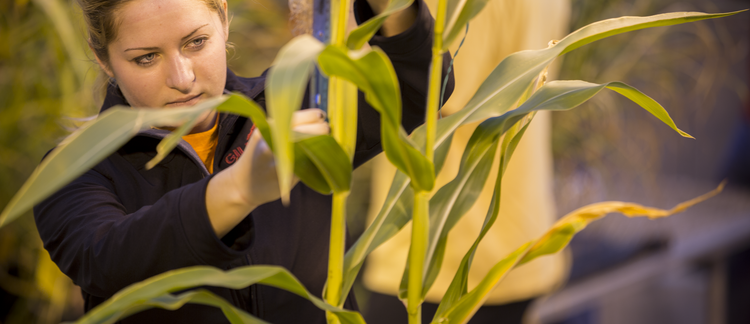Abstract
Drought often results in greater agricultural damage in southern, western, and northeastern Iowa than in the rest of the state. Slight to steep slopes are prone to erosion, and soils high in clay content are slow to drain excess moisture during wet periods; they have low amounts of available moisture during periods of drought. This land is predominantly used for livestock production because of the factors that limit the level of productivity in row crop production. Sorghum, sudangrass, and sorghum-sudangrass hybrids are adapted to environments with limited rainfall and high temperatures. New varieties have not been tested for Iowa conditions. The objective of this research was to evaluate forage species for their seasonal productivity differences and their ability to withstand droughty environmental conditions in Iowa.
Keywords: Agronomy
How to Cite:
Wiedenhoeft, M. H., Hintz, R. L. & Patrick, P., (2005) “Forage Crop Research: Evaluating Forage Species in Iowa for Productivity during Drought Conditions—Yield”, Iowa State University Research and Demonstration Farms Progress Reports 2004(1).
Downloads:
Download pdf
View PDF
230 Views
96 Downloads

